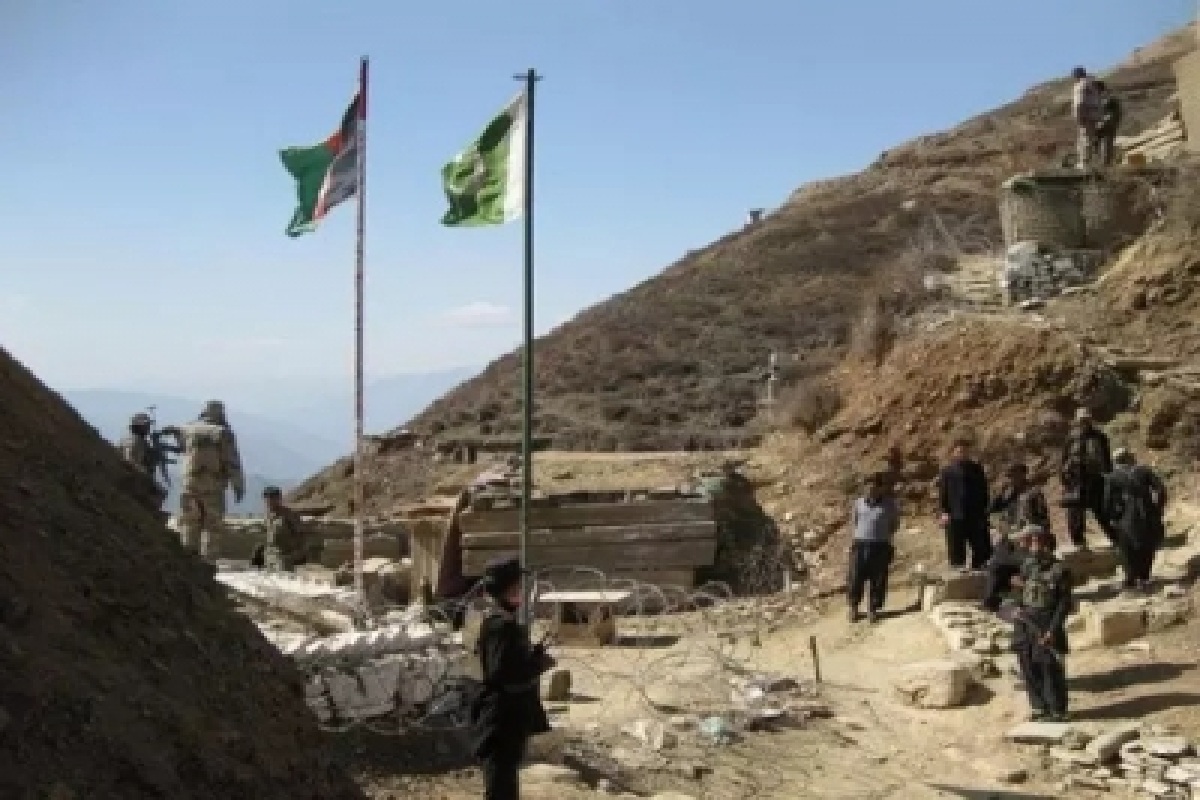Nearly 3,000 Afghan religious scholars, at the conclusion of a three-day meeting on Saturday in the capital Kabul, declared the militant Islamic State group and others’ armed resistance against the Taliban government as “rebellion” and said the country was duty-bound to repel such elements.
A joint declaration issued after the conclusion of the grand moot said: “We call on the nation that the so-called Isis (Islamic State of Iraq and Syria) is a ‘Kharijite‘ group of this age that spreads corruption in our Islamic country. Any help or association with them is illegal.”
Advertisement
The IS and the National Resistance Front of Afghanistan are fighting the Afghan Taliban. Another little-known group was involved in a failed attempt on Thursday that targeted the participants of the scholars’ meeting but all three suspects were killed by the Taliban special forces.
The participants, as per the declaration, also declared allegiance to Taliban supreme leader Sheikh Hibatullah Akhundzada.
“We renew our allegiance to the Leader of the Islamic Emirate of Afghanistan, Sheikh Al-Hadith Hibatullah Akhundzada and strongly support him. We have accepted him as the Sharia ruler of Afghanistan and the emir of the Islamic emirate. And from Allah in all religious and worldly matters we wish you success,” the declaration said.
Akhundzada arrived in Kabul this week for the first time since the Taliban took over control of the country in August last year. He also made his first public appearance since then and delivered a speech on Friday in which he rejected foreign pressure on his government.
The Taliban chief held discussions with the scholars on future policies.
“We call on the Islamic emirate to ensure justice, religious and modern education, health, agriculture, industry, the rights of minorities, children, women and the entire nation in the light of Islamic holy law and all-round development, economic growth and balanced development,” the Pashto-language declaration said.
The declaration did not specifically mention the reopening of the girls’ schools above sixth grade, which have been closed since the Taliban takeover of Afghanistan in August.
The scholars supported the Islamic emirate’s position on the policy of non-interference with neighbouring countries, the region and the world as well as the non-use of Afghan territory against them, based on the principle of mutual respect and interaction.
The declaration said the Islamic emirate has “emerged from the will of the Afghan people” and no external direction has interfered in its establishment, making this a “valid proof of its internal legitimacy”.
“Strengthening this system is in the interest of not only Afghanistan and the region, but also of the entire world. Therefore, we call on the countries of the region and the world, the United Nations and other international organisations, especially Islamic countries and organisations, to recognise the Islamic emirate as a legitimate system.”
The conference demanded the removal of sanctions, unfreezing of the frozen assets of the Afghan people and support for the nation in economic development and reconstruction of the country.
The United States has frozen nearly $9 billion of Afghanistan’s funds. US officials and Taliban Foreign Minister Amir Khan Mutaqqi held talks in Qatar this week to explore ways for the unfreezing of the money.











